What Is a Home Inspection? FAQs and What to Expect
-
Pete Ortiz
- Last updated:
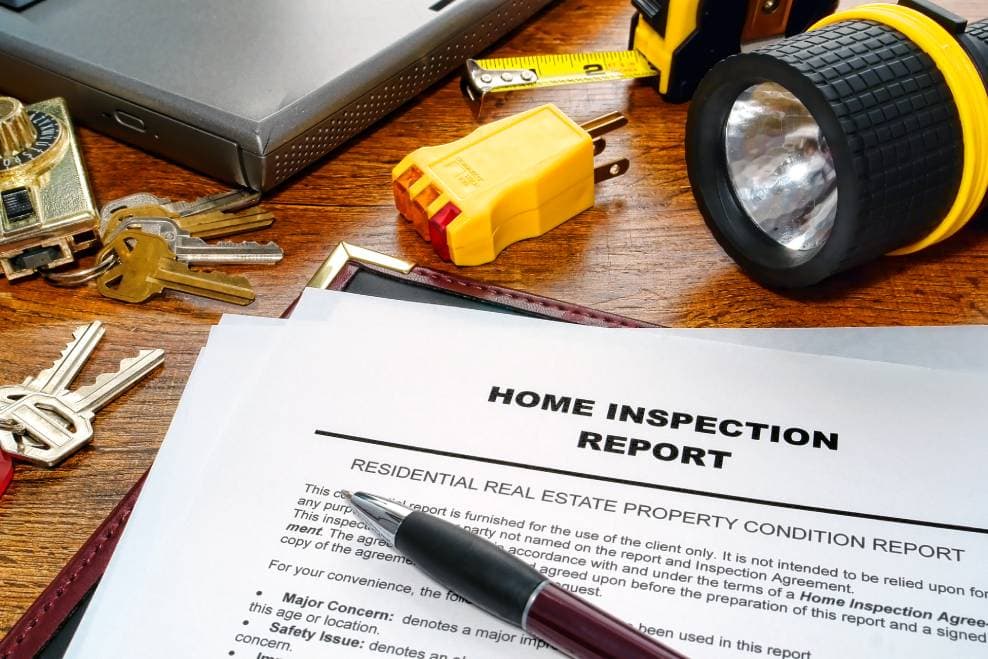
A home inspection is an objective examination of the home, its structures, and its systems. Everything from the foundation to the roof will be covered. The purpose of a home inspection is to get an objective understanding of the state of the house so that homebuyers can make an informed decision about the building before purchase.
Whether you are buying a house for the first time or the tenth, a home inspection is an important part of the process. To learn more about a home inspection, including some FAQs and what to expect, scroll down.
How Does a Home Inspection Work?
A home inspection is a visual examination of the house, its physical structures, and its mechanical systems. The ceilings, roof, floors, walls, windows, and doors will all be examined, as well as the plumbing and electrical systems. In other words, everything in the home will be evaluated to determine the home’s condition.
How it works is that a home inspector will come to the house. During this inspection, they will evaluate all the systems of your home. Single-family home inspections take on average two to four hours to complete. However, the size and condition of the home will impact its time frame.
After the inspector finishes the examination, they will send the client a report. This report will thoroughly explain the condition of the home. This will describe its condition and how well the systems work or if they need any replacement. Often, these reports are sent back to the client within a 24-to-48-hour frame.
If any issues are found, they will be communicated in the report, as will the severity of the issue. This will allow the client to know the condition, issues, and risks of the building in question. It is then up to the client to decide what to do with the home and any of the issues that were found.
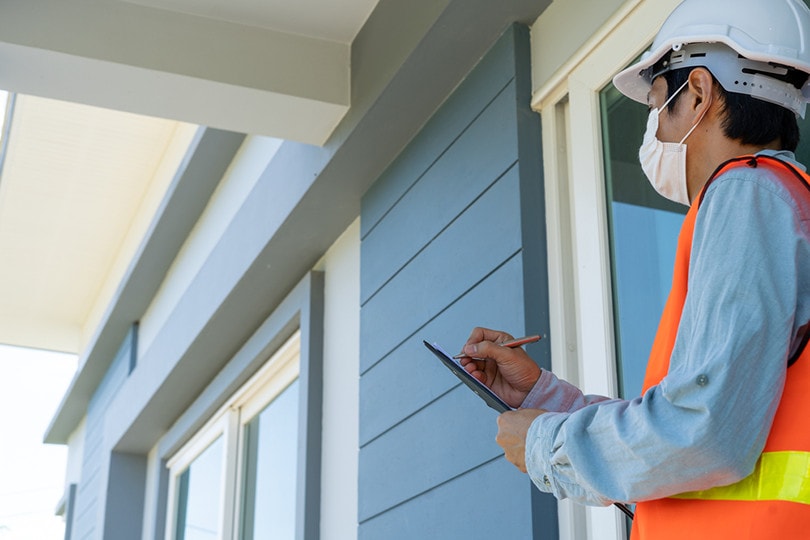
Are There Different Types of Home Inspections?
Most home inspections are general and cover all the functions of your home. The purpose of the general home inspection is to provide a holistic look at the house and its value and condition. This often happens whenever a house is being bought and sold.
There can be specialized home inspections as well. For these sorts of home inspections, specific parts of the home will be inspected, whereas the rest will be overlooked. For example, specialized home inspections can include chimney inspections, pest inspections, roof inspections, foundation inspections, and even septic system inspections.
These specialized home inspections often happen if the house is being renovated or there seems to be a problem with the system. Specialized home inspections are performed by experts within the niche. For example, pest experts perform pest inspections, whereas plumbing experts perform septic system inspections.
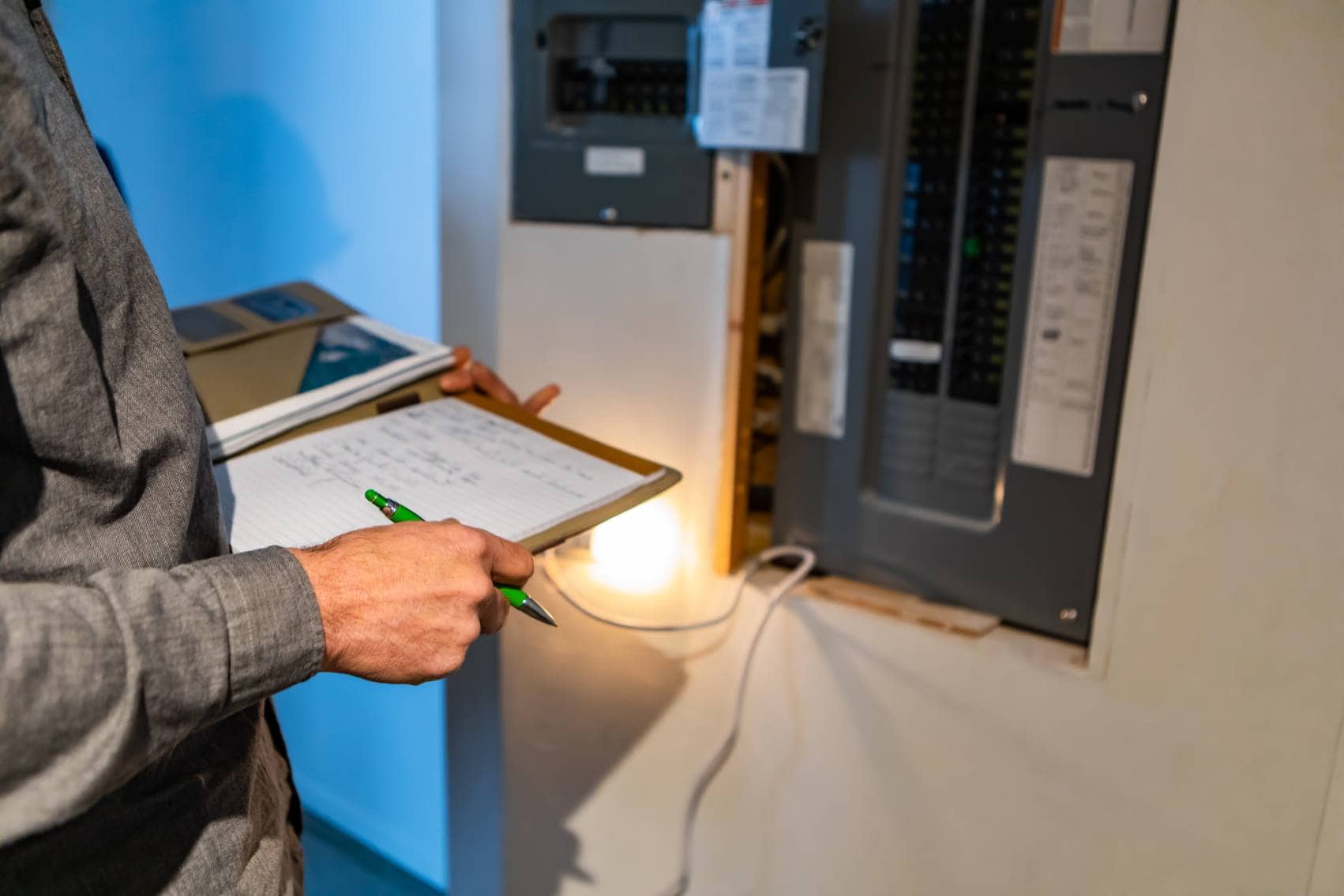
When Do Home Inspections Happen?
Home inspections most often happen whenever a house is being sold. The current homeowner may have an inspection to determine the value of the home and to learn what they need to fix before putting the house on the market. Pre-market inspections do not always happen, but it is a smart idea for individuals who can afford it.
Additionally, home inspections happen when a homebuyer is considering buying a specific home but has not yet closed the deal. Getting the home inspected before finalizing the purchase will help you understand the specifics and true value of the home before you waste any money.
Advantages of Home Inspections
Getting a home inspection is advantageous because it allows you to know the quality of the home and its value before putting any money down. If the home is in great condition, the home inspection might not seem like much. However, homes that secretly are riddled with problems can cost you a whole lot of money down the line and repairs.
Because of this fact, home inspections can help save some money down the line. Instead of spending a ton of money on unforeseen repairs, the home inspection will let you know what’s wrong beforehand so that you can either decide to back out of the agreement or negotiate your closing costs better.
Home inspections are great for the seller too. It lets the seller know exactly what needs to be fixed so that they can renovate their home to increase its value. This can make it easier to sell the house. Plus, it proved to potential buyers that the buyer cares about the value of the home, improving buyer confidence.
- Understand the state of the home
- Know what you need to fix
- Negotiate with the buyer
- Save money
- Improve buyer confidence
- Improve home’s value
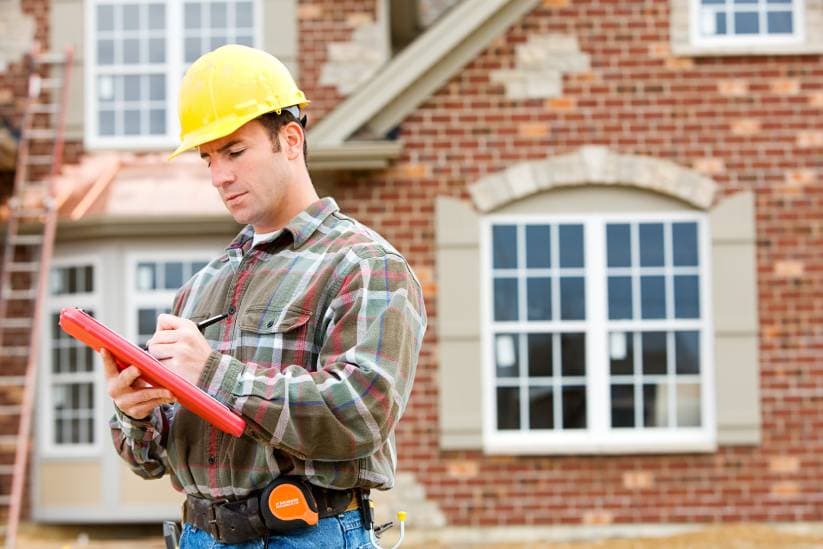
Disadvantages of Home Inspections
The biggest disadvantage of getting a home inspection is the cost. On average, home inspections cost between $300 and $500. Unlike most other closing costs, home inspectors expect to be paid at the time of the service. This means that you need to have the payment method figured out before you decide to purchase the home. In most cases, the potential buyer pays for the inspection.
Obviously, another disadvantage of the home inspection is that your dream home can be a hidden nightmare. You may learn that the home you love is unsafe and riddled with problems. Of course, it is better to know this before purchasing the home than after.
- Buyer is typically responsible for payment
- Inspectors should be paid the day of
- Might learn your dream home is a nightmare
 Frequently Asked Questions (FAQs)
Frequently Asked Questions (FAQs)
Does the homebuyer need to be present for a home inspection?
No. The homebuyer does not have to be present during a home inspection. However, many professionals recommend it. It allows you to talk with the inspector at the time of the appointment so that you can get a better feel for the state of the house. It will also give you a more detailed picture of the house since the report will not contain every thought that the inspector had about the home.
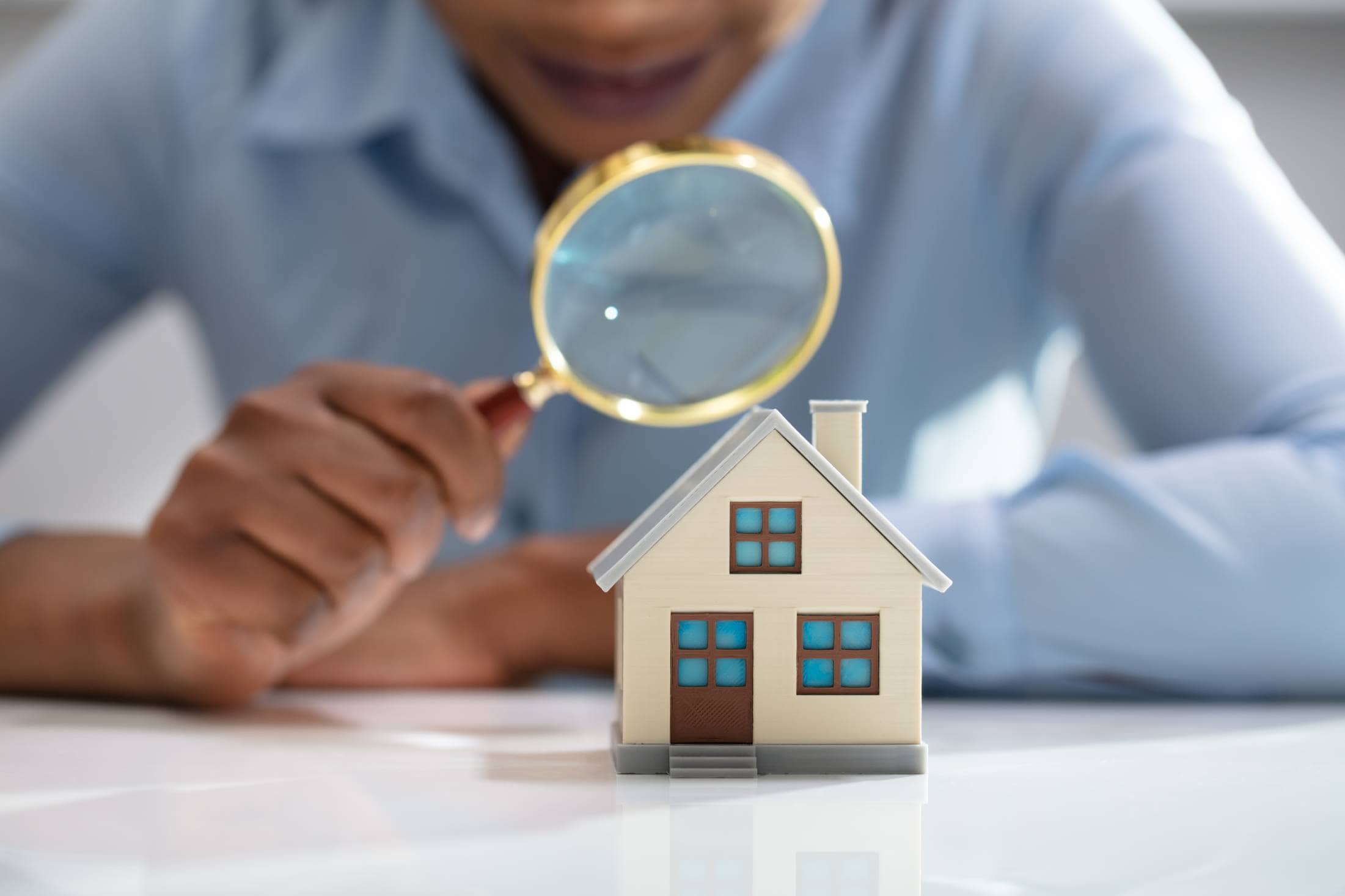
Can a house fail a home inspection?
No. There is no such thing as passing or failing a home inspection. The sole purpose of a home inspection is to provide an unbiased representation of the state of the house. What this means is that there is no passing or failing involved. The inspector simply explains the state of the house so that the buyer fully understands the risks associated with the purchase.
What happens if a problem arises from the home inspection report?
No home is perfect, which means most inspections have some form of issue reported. It is ultimately up to the homebuyer to decide what they should do if problems are reported.
Some individuals may choose a different home entirely, whereas others may negotiate certain closing costs to account for any repairs that need to be made. It is ultimately up to you, and no inspector can tell you what to do with the information they provide.
Who pays for a home inspection?
The buyer is typically responsible for paying for a home inspection. In some cases, buyers can negotiate the home inspection fees into the closing costs, but this is up to the seller as well. Even if the seller agrees, buyers will likely have to pay for the inspection out of their pocket and then be refunded with the closing costs.
How do you pick out the best home inspector?
Select a home inspector that is a member of professional organizations, including the American Society of Home Inspectors and the International Association of Certified Home Inspectors. From there, read reviews and ask for referrals.
 Conclusion
Conclusion
In conclusion, a home inspection is a physical examination of a home. It often happens before a buyer closes on the house to learn about the exact condition of the home, but there are specified home inspections too.
If you are considering buying a house, make sure to get a home inspection first. This home inspection will help you make the best financial decision for you and your family based on the current state of the structure.
Featured Image Credit: Olivier Le Queinec, Shutterstock
Contents


 Frequently Asked Questions (FAQs)
Frequently Asked Questions (FAQs)